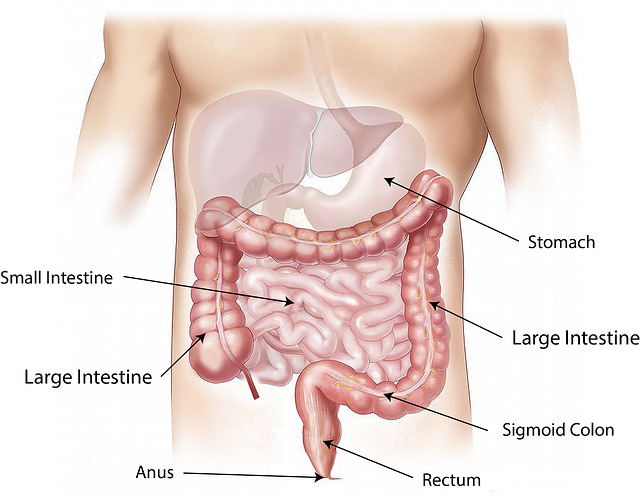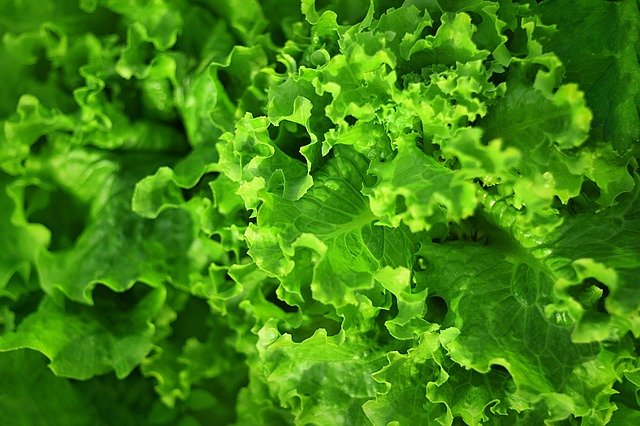Gluten in wheat, rye, and barley attract all the attention, but there is another reason grains can cause problems, lectin. Protecting yourself from the ingredients of common plant foods is little tricky.
We often think of plant foods to be very healthy and free from any ill effects. It is mostly true, but not entirely true. Plant foods contain the lectin that combines with the cell membrane and negatively affects cell to cell interaction.
What Are Lectins?
Lectins are sugar-binding proteins and they serve as a natural defense mechanism for plants against parasites and molds. In the presence of an invader, lectins bind to the foreign sugar molecules in an attempt to prevent invaders from destroying the plant.
Lectins combine with the sugar molecules and when they get inside our body, they can cause a plethora of health disturbances. Our digestive system is lined with carbohydrate structures and when lectin is drawn towards the lining, our immune system retaliates. Lectins are also resistant to human digestion and pass into the bloodstream without getting digested.
Where Are Lectins Found?
Lectins are found in grains and raw legumes. They are also found in seed coats and cotyledon, the part of the seed that turns into leaves. Dairy products and many vegetables contain the lectin as well.
Effects Of Lectin On Human Body
Immune Response
As the human body is unable to digest lectin, it treats them as a foreign invader and produces antibodies against it. The presence of certain lectins can trigger an immune system response. As the body's defense mechanism starts attacking the lectins, it may cause symptoms such as inflammation, joint pain or skin rashes.
As lectins can enter the bloodstream unaltered, they attach themselves to different tissues such as Thyroid, Pancreas, Collagen in joints, etc. They can interrupt the normal functioning of the tissue and trigger the immune system to attack the tissue. It leads to an autoimmune response which leads to the destruction of a body tissue playing an important role in the functioning of the body.
Toxicity
There are certain lectins that are very toxic to human body. For instance, sprouted red kidney beans contain a lectin called phytohaemagglutinin. When sprouted kidney beans are ingested raw or soaked, they can trigger the poisoning symptoms.
Digestive Problems
Lectins attach to the epithelial layer of the digestive tract. Lectin either damages or infects the intestine cells. It leads to inflammation that may cause diarrhea or other complications.

Leaky Gut
Lectin can cause leaky gut. If somebody suffers from irritable bowel syndrome or Crohn's disease, the gut lining becomes more sensitive to the lectins.
Avoid The Foods
- Casein A1 Milk
Proteins in A1 milk can cause auto-immune disorders by attacking the pancreas. Avoid consuming A1 milk or cheese to prevent such problems from happening.
- Corn-fed Free Range Meat
Corn contains large amounts of lectin. It causes fatty deposits in the muscles. Avoid consuming corn-fed free range meat.
Consume The Foods

Leafy Greens
Leafy greens like lettuce, spinach, parsley or sea vegetables are great for a lectin-free diet. They are highly nutritious and free from lectin.
A2 Milk
Consume A2 milk if you want to enjoy the benefits of a complete food like milk.
A Lectin-Free Basil & Artichoke Pasta Recipe
Ingredients
- Fettuccine Pasta (1 Pack)
- Chopped Basil Leaves (8)
- Cut Almonds (1/2 Cup)
- Almond Milk (1/2 Cup)
- Nutritional Yeast (2 tsp)
- Lime Juice (2 tsp)
- Garlic (3 cloves)
- Olive oil (1 tsp)
- Black Pepper (1/2 tsp)
- Rock Salt (1/2 tsp)
- Turmeric (1/2 tsp)
- Chopped Artichoke (14 oz)
Method
- Prepare the noodles according to the instructions given on the package.
- Add all the ingredients in a power blender except basil leaves and artichoke.
- Add the prepared noodles, chopped basil, chopped artichoke and sauce in a bowl. Mix all the ingredients.
- Garnish with some basil leaves.
Have Fun!!
To Sum Up
Lectin is a harmful compound for humans produced by plants to protect themselves against invaders. As a variety of food sources contain lectin, it is difficult to completely avoid its ingestion.
Am still open to learning about lectins, but just took a food intolerance test and got some things I thought were on the safer side and shower not intolerant to some stuff I'd been avoiding. I'm planning on really looking deeper into nutrition though. Mushrooms, coconut, banana, and black walnuts surprised me. I think I'll ease up on the corn avoidance since I'm vegan, and other combinations that make it difficult like coconut and and gluten.
Although both sunflower and peanuts showed up as being my most severe. Sunflower is in so much. I plan on looking into various ideas on nutrition including lectins. Perhaps at some point I'll be avoiding lectins again. Still want to look much more into them.
Downvoting a post can decrease pending rewards and make it less visible. Common reasons:
Submit